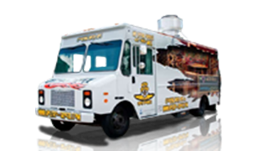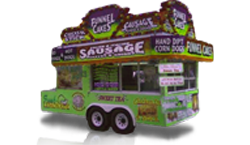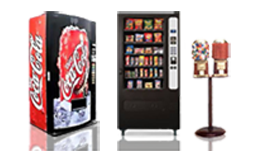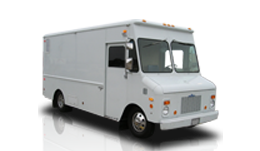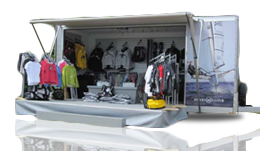Most Common Reasons Why a Food Truck Business Fails (A Must Read)
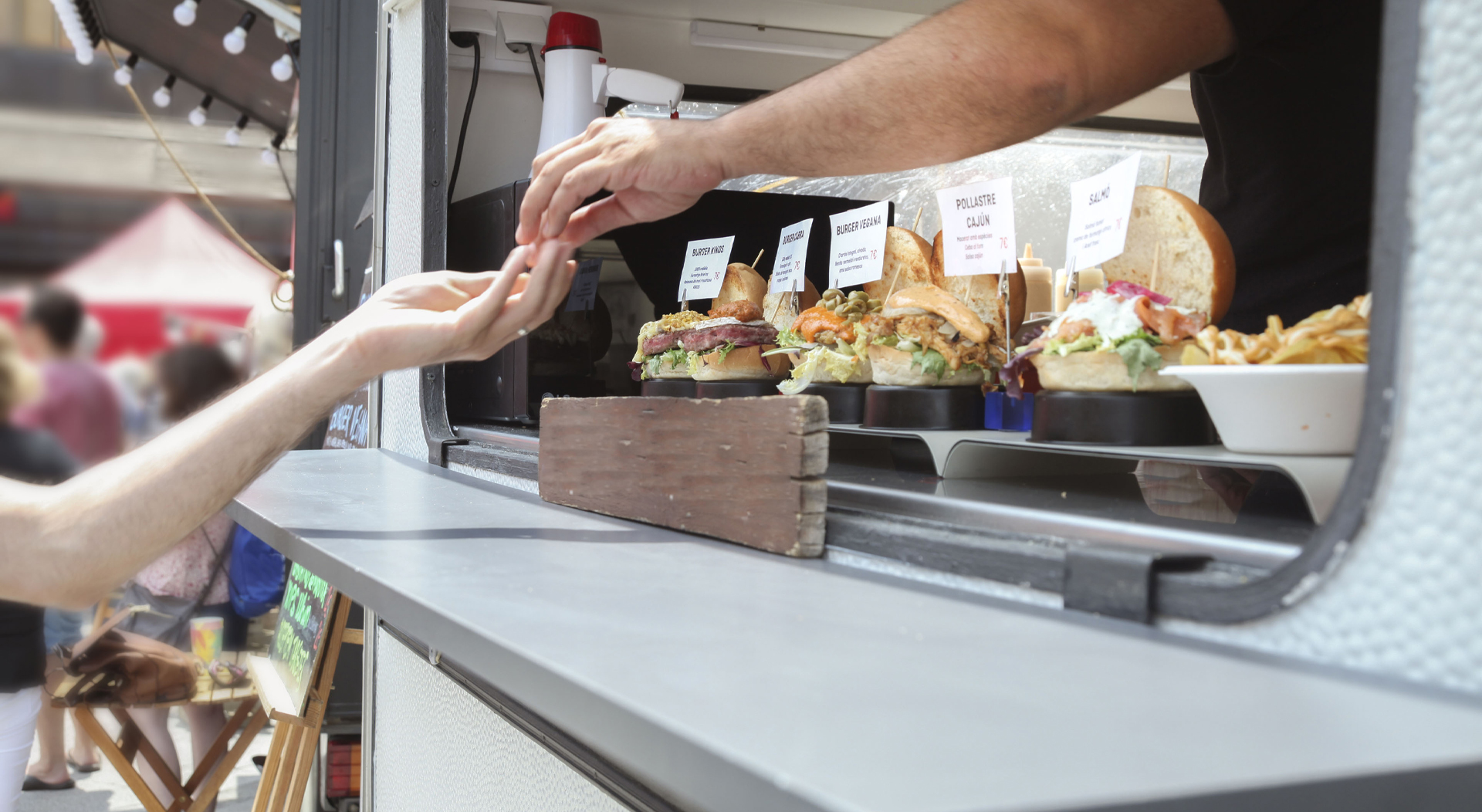
As a startup entrepreneur, there’s no doubt that entering the food truck market is among the most exciting time for anyone. It is the feeling of adrenaline surging through your veins. You cannot escape the fact you are daydreaming for most days because your business plans are not only written on paper but coming to life. The confidence and energy you feel are immense, but before you get too excited, there’s something you have to know.
Many people have built their dreams in this industry, risen, and thrived. With that said, it is wise to accept the realities that it isn’t always sunshine and rainbows, even in the most booming industries. In truth, several food truck businesses failed over time. According to statistics, a staggering 60% of companies in the food industry do not even get the opportunity to celebrate their first anniversary.
Those numbers should not be taken lightly. Everyone desires to succeed, and you can do it by learning about the most common reasons why a food truck business fails. Understanding the grounds behind and studying how to avoid it will give you a better advantage in managing and growing your food truck business. So, here’s the truth below.
What’s Inside
4 Common Reasons Why Food Truck Businesses Fail
Unimpressive Launching
Do you believe in the saying that first impressions last? If you do, you will fully comprehend that making a good impression, especially in business, is a high priority.
You have to guarantee that it needs to be strong when you launch your food truck business. You literally have to start strong. Take it as the starting point of opportunity to set your business tone to attract potential customers and business collaborations.
These days, consumers are specifically demanding in matters of reviews. They are eager to acquire the best possible experience and will read every review they’ll find to determine if your food truck is worth the visit.
What you can do is do a soft opening. Since it is a practice run, it’ll grant you a great chance to work out all the kinks and acquire valuable feedback from keen, responsive, and sympathetic customers.
Lacking Brand Identity
When building a business, all entrepreneurs must secure their brand’s identity. This way, customers can identify with the company’s logo or tagline. You’ll know that the efforts are practical when the slogan or logo is stuck in people’s thoughts. Recognition of one’s brand means it is easier for you to reach your target market.
On the contrary, if you didn’t prepare or already have a concrete idea for the brand identity, expect your prospects would feel the same. They’d be left confused and could have a hard time sharing and posting about your food truck.
Note that these days word-of-mouth advertising is a prominent method for boosting one’s brand identity. How do your patrons advertise your business if you do not have that identification?
To avoid this, you must include the brand identity with business strategy planning. It needs to be crystal clear concept, style, and aligned to what you’re offering your customers.
Fund Issues
Every business would go through fund issues, particularly when underselling and overspending are experienced. Fund issues happen, and it becomes an overwhelming problem when it isn’t appropriately scrutinized. What’s more, there has to be commitment and regularly updating every penny that goes in and out of business.
Sometimes new entrepreneurs and even seasoned ones fall into the bottomless pit of financial problems because when they see sales rising, they also spend a lot. But, the primary goal of ensuring a business’s growth is to not spend all of the money you’ve earned. The cash must be accounted for and budgeted for present and future uses.
Would it be best if you hire an accountant? That is a plausible method to help you with your finances. But, you have to become fully aware of your current financial situation as that’ll help you make better choices in terms of purchases and strategizing a reliable support system for your business.
Although loans are available, it isn’t sensible to forever rely on them. Keeping track of the monthly expenditure, from the food truck maintenance, repair, equipment, gasoline, staff wage, etc., will be profitable in the long run.
Mediocre Food Menu and Quality
Sometimes, honesty is the best policy. Most problems have their root cause, and for your food truck business, it might be the food quality and menu you’re serving. It takes a lot to acknowledge this, but if it’s truly the cause of the issue why the business isn’t rising, then it is what it is.
Food truck business owners sometimes fail to be consistent with their recipes. When you have patrons or potential customers, they’ll rely on reviews on the best sellers and the best to order. If what they get is far from what they expected, anticipate disappointed reviews to flood you.
Sure, it is imperative to recreate and introduce new additions to the menu. Nonetheless, being consistent with your signature dishes trumps everything else. Since you’ll be cooking for bigger batches, prepare precisely by measuring, testing, and documenting the new recipes that fit the demand.
Store all fresh food and produce properly to avoid the food being stale or spoiled. What’s more, ensure you have a sturdy, reliable, and great food truck that’ll accommodate all the necessary equipment for your business. Find these excellent food trucks here.


